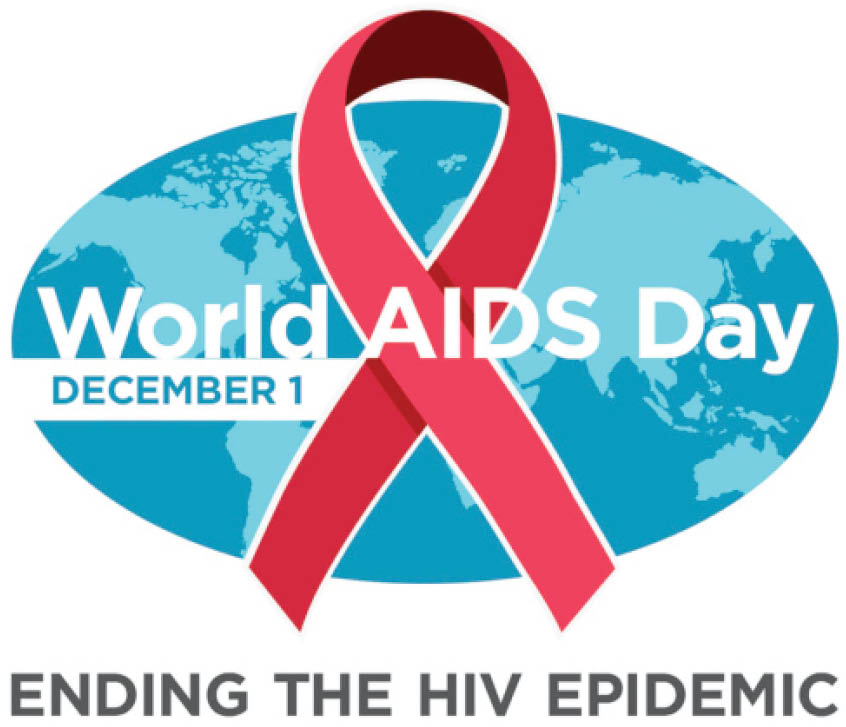Africa recorded 2500 new HIV infections daily in 2020 – WHO
The World Health Organisation (WHO) said almost 2500 new HIV infections occurred every day in the African region last year. In a statement to mark this year’s World AIDS Day, on Wednesday, WHO Regional Director for Africa, Dr Matshidiso Moeti, said two out of every three new HIV infections occurred in the African region. PHOTOS: Obi […]

The World Health Organisation (WHO) said almost 2500 new HIV infections occurred every day in the African region last year.
In a statement to mark this year’s World AIDS Day, on Wednesday, WHO Regional Director for Africa, Dr Matshidiso Moeti, said two out of every three new HIV infections occurred in the African region.
- PHOTOS: Obi Cubana flies abroad with wife, says ‘This Year Remains Our Best
- Canada slams travel ban on Nigeria over Omicron
The theme of this year’s commemoration is “End inequalities. End AIDS. End pandemic”.
“Last year, two out of every three new HIV infections occurred in the African Region, corresponding to almost 2 500 new HIV infections every day,” she said.
According to her, AIDS claimed the lives of 460 000 people, or a shocking 1 300 every day, in spite of free access to effective treatment.
She said the challenges notwithstanding, Africa has made significant progress against HIV in the past decade, reducing new infections by 43% and nearly halving AIDS-related deaths.
“In the region, 86% of people living with HIV know their status, and 76% are receiving antiretroviral therapy, ” she said.
She said the region could not afford to lose focus on the urgent need to end the inequities that drive AIDS and other epidemics around the world.
“It has been 40 years since the first HIV cases were reported. Yet, in Africa and globally, it remains a major public health concern”, she added.
Dr Moeti said only 16 countries in the region have been certified for eliminating mother-to-child HIV transmission, none of which had as large an epidemic.
She said it’s taken more than two decades of hard work by leaders, health workers and communities, illustrating what is possible when the health and welfare of mothers and children are prioritized.
The WHO regional boss said it is, however, unlikely for the continent to end AIDS as a public health threat by 2030.
“After we fell short of the expected 75% reduction in new HIV infections and 81% reduction in AIDS-related deaths by 2020.
“Despite the very high percentages of people living with HIV who know their status, and treatment rates, new HIV infections and AIDS-related deaths are not decreasing concomitantly.”
She urged governments to prioritize investment in health funding for community-led, human rights-based, gender transformative responses.
“We must boost our essential health workforce, and secure equitable access to life-saving medicines and health technologies.
“Global solidarity and shared responsibility are critical components of the kind of rights-based approach we need if we are to end HIV/AIDS and COVID-19, ” she said.
